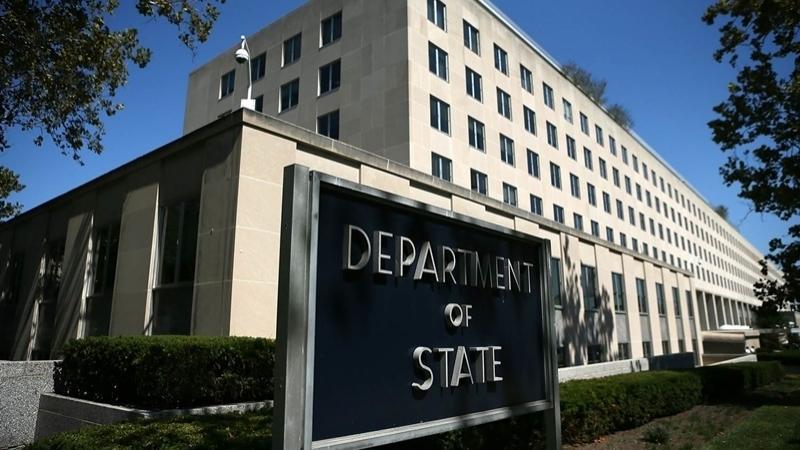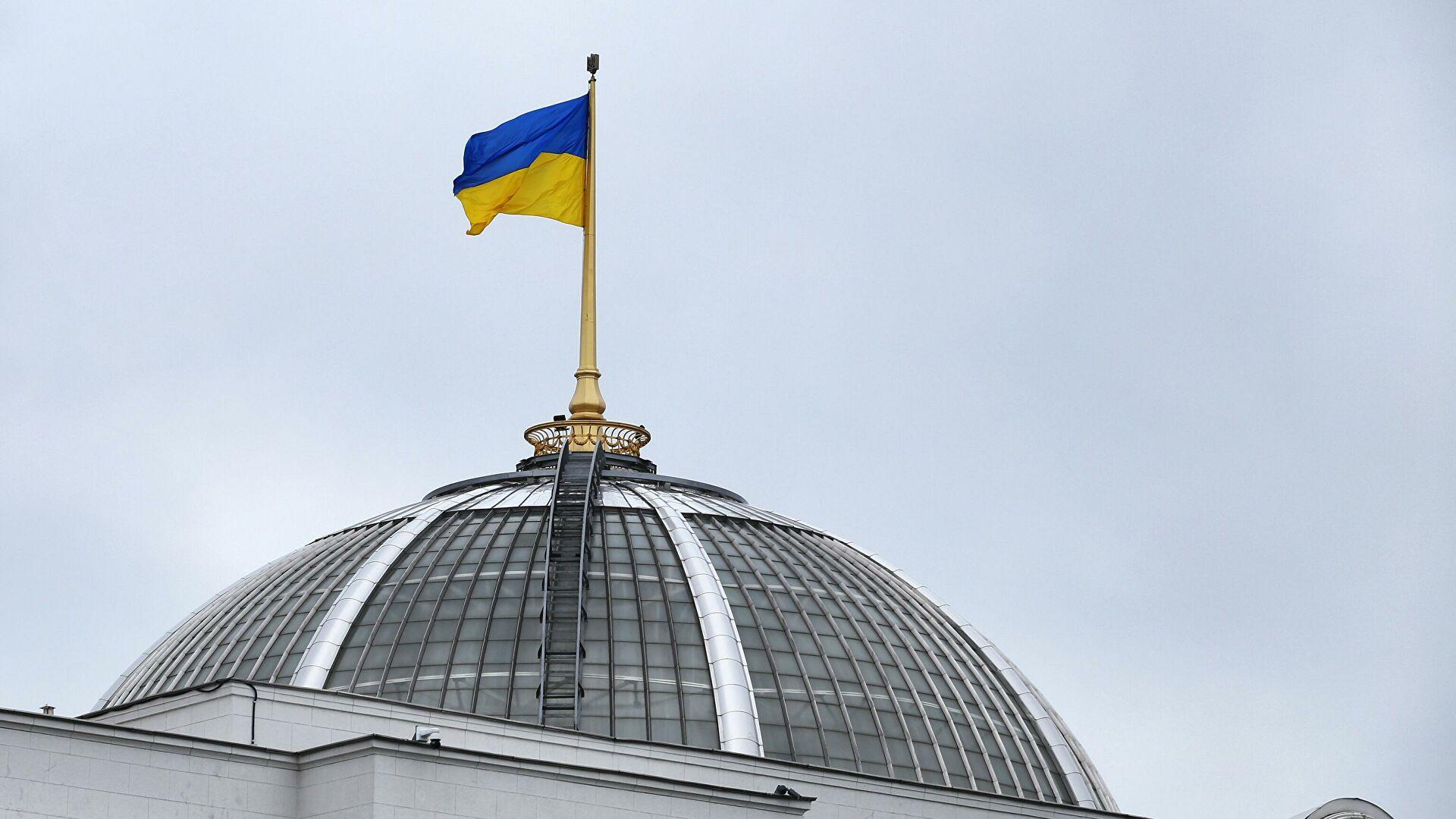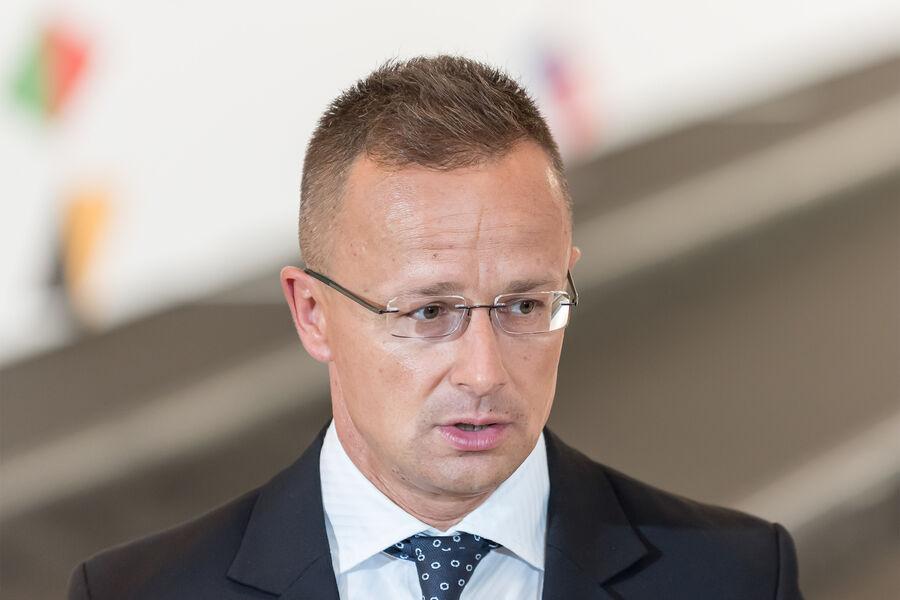Are we witnessing retreat from “full support” for Ukraine? The West’s changing approach to Ukraine
According to Spiegel, the contact group meeting on Ukraine originally scheduled for October 12 at the Ramstein airbase has been postponed indefinitely. This meeting was expected to be significant, as President Volodymyr Zelenskyy was set to present Kyiv's “plan for victory.”
As preparations were underway, discussions focused on critical issues such as the manning of brigades, the provision of weapons and equipment for soldiers, as well as logistics for purchases and supplies.
This Ramstein meeting would have been unique, providing Ukrainian partners with comprehensive details and arguments aimed at ensuring effective outcomes in the coming months, both on the battlefield and in diplomatic efforts.
However, on October 8, US President Joe Biden announced he would not attend the summit, citing the approach of Hurricane Milton in Florida. Similarly, US Secretary of State Antony Blinken also declined to attend. Some experts suggest that these "hurricane scarecrows" are merely a cover for Biden, who was expected to preside over the Ramstein meeting. They believe Biden was reluctant to publicly reject President Zelenskyy's request for authorization to strike Russian territory with Western long-range weapons.
Moreover, there has been limited enthusiasm among US partners regarding the “victory plan” that Zelenskyy previously presented in the US and has not yet been officially released. This lack of excitement extends to both US presidential candidates. The only notable comment came from the State Department, which acknowledged that the plan includes “a number of productive steps that Washington intends to discuss with Kyiv.”

Western media has increasingly discussed the potential resolution to the Russian-Ukrainian conflict based on a formula that suggests Ukraine could join NATO in exchange for a temporary concession of territories seized by Russia. A recent article by the Financial Times from October 5 captures this sentiment, stating: “Security guarantees will have to underpin any peace deal where Russia retains control of Ukrainian land.”
The piece highlights that while President Zelenskyy's new strategy aims to secure support from allies to strengthen Ukraine’s military and diplomatic position—ultimately to “force Moscow to the negotiating table”—there is a growing consensus among Western diplomats and some Ukrainian officials that “meaningful security guarantees could form the basis for a negotiated settlement in which Russia retains de facto, though not legal, control over parts of the territory it currently occupies.”
However, this perspective explicitly rejects any notion of recognizing Russia's sovereignty over the territories it illegally seized since 2014, as doing so would significantly undermine international law and the global order.
Instead, a “tacit agreement to return these lands through diplomatic means” is proposed as a potential solution. While the article describes this nuance as “a sensitive issue for Ukrainians, bordering on taboo,” the idea of “ceding territories in exchange for NATO membership” is suggested as possibly “the only viable solution.”
In this context, Czech President and former NATO General Petr Pavel is quoted, as saying “If there is a demarcation, even an administrative border, then we can treat [that] as temporary and accept Ukraine into Nato in the territory it will control at that time”.
American historian Mary Sarotte points out that this stems from “the West's apparent lack of a strategy to ensure Ukraine's victory,” which presents significant obstacles to Kyiv’s path to NATO membership.

Analysts view these developments as a backdrop for the cautious statements from prominent world leaders on the issue, which have not been seen before. For instance, Kamala Harris noted that the question of NATO enlargement and Ukraine's potential membership “is something she plans to address as it arises.”
Former NATO chief Jens Stoltenberg, however, more directly suggested that Ukraine could still gain NATO membership “even if part of its territory remains under Russian occupation.” He explained that “we just need a clear line defining where Article 5 of NATO's mutual defence clause applies,” meaning Ukraine would need to control its territory up to that border.
It’s understandable that Stoltenberg, in his role as NATO Secretary General, refrained from outlining such a plan. Similarly, the current head of the alliance, Mark Rutte, avoided speculation when asked by journalists about Ukraine joining NATO without its former territories, stating, “I don't want to speculate on that.”
Naturally, Budapest has a fundamentally different stance on this issue. Hungarian Foreign Minister Péter Szijjártó firmly ruled out the possibility of Ukraine joining NATO, claiming that “behind closed doors, this position is shared by the majority of alliance members.” He cautioned that a decision on Ukraine's accession to NATO “could provoke World War III.”

These shifts in the West, which appear to signal a departure from the previously declared position of “unconditional support for Ukraine until a victorious end,” may have influenced Kyiv's announcement that the second peace summit on Ukraine, scheduled for November, will not take place.
Additionally, some media outlets are reporting that Chancellor Olaf Scholz is open to talks with Russian President Vladimir Putin, provided they focus on achieving “a just and sustainable peace.” This shift in Berlin's rhetoric became evident ahead of the regional elections in Brandenburg, particularly after the Social Democrats, led by Scholz, suffered significant losses in other East German states like Saxony and Thuringia. In response, they adopted anti-war slogans similar to those of the Alternative for Germany party, softening their stance on the conflict.
According to serious experts, this signals a broader trend of the West backtracking on its initial commitments to “full support” for various countries.
As events unfold, it appears that this shift could have significant implications for the future.








